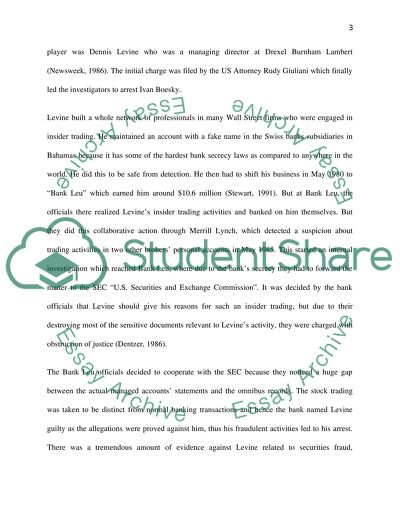Cite this document
(“What were the legal and ethical ramifications of the mid 1980's Research Paper”, n.d.)
Retrieved from https://studentshare.org/macro-microeconomics/1411093-what-were-the-legal-and-ethical-ramifications-of
Retrieved from https://studentshare.org/macro-microeconomics/1411093-what-were-the-legal-and-ethical-ramifications-of
(What Were the Legal and Ethical Ramifications of the Mid 1980'S Research Paper)
https://studentshare.org/macro-microeconomics/1411093-what-were-the-legal-and-ethical-ramifications-of.
https://studentshare.org/macro-microeconomics/1411093-what-were-the-legal-and-ethical-ramifications-of.
“What Were the Legal and Ethical Ramifications of the Mid 1980'S Research Paper”, n.d. https://studentshare.org/macro-microeconomics/1411093-what-were-the-legal-and-ethical-ramifications-of.


